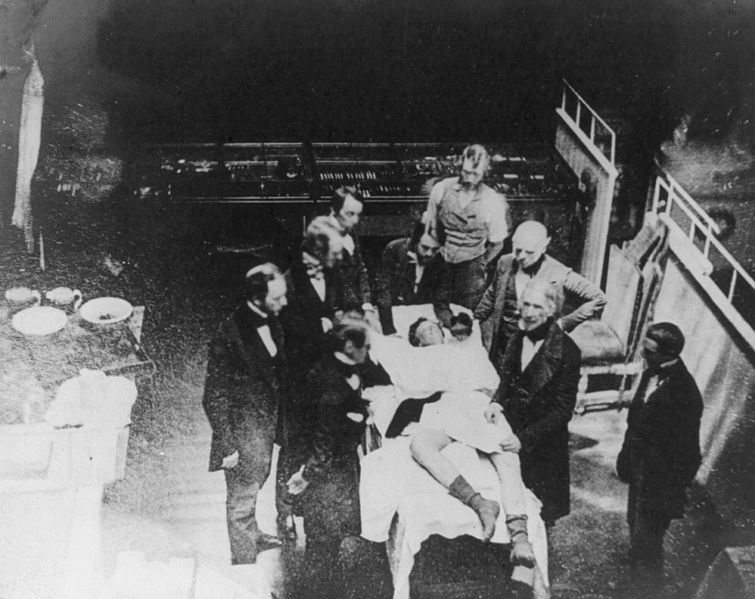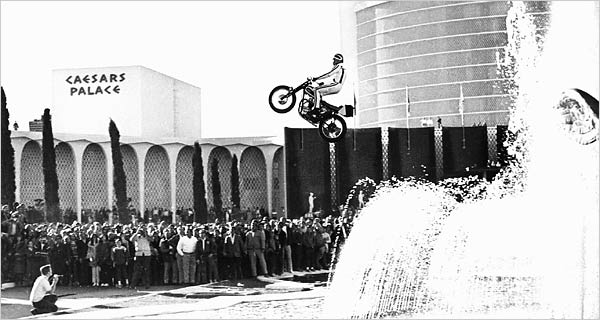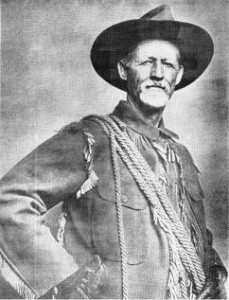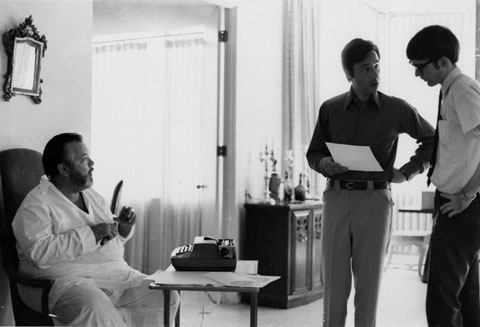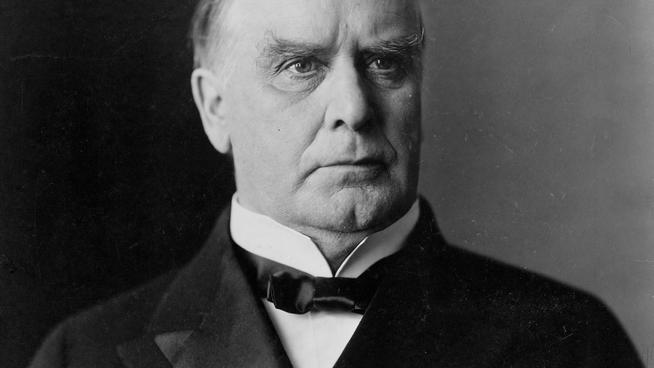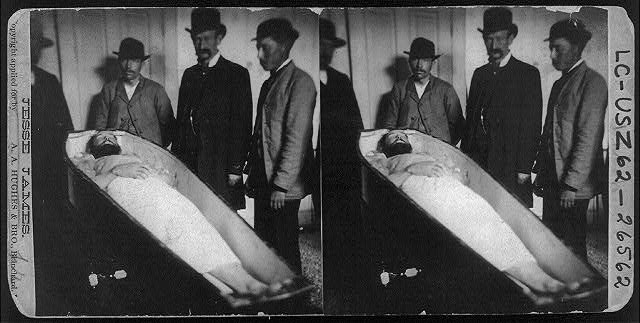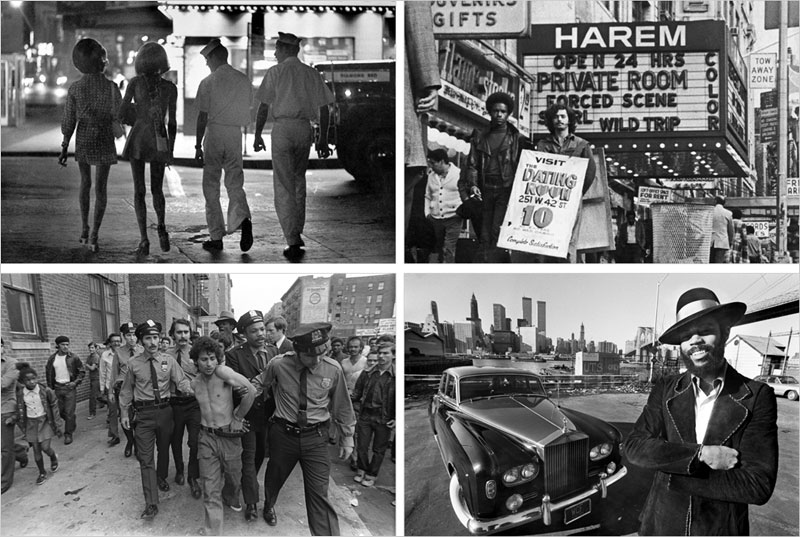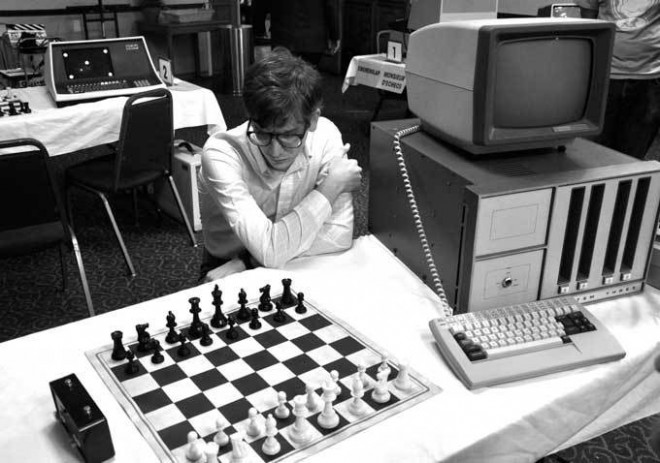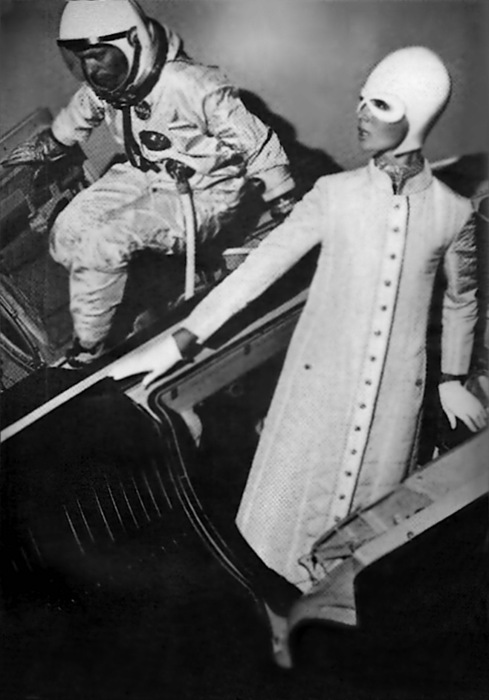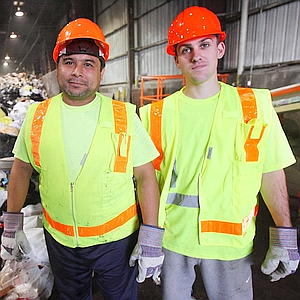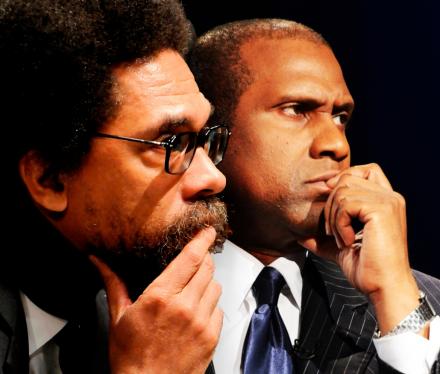
I don’t agree with all of President Obama’s policies–I’m not happy about Gitmo still being open and a lack (thus far) of meaningful Wall Street reform–but I think in the big picture he’s done an excellent job, reversing the disastrous course the nation was on, and setting us up in many ways in the future to be healthier, fairer, more environmentally friendly, more scientifically savvy and more welcoming to minorities of all kinds. It’s even more impressive when you consider that he’s done so while dragging along the corpse of this dying iteration of the GOP.
And when I hear the remarks the President made at the White House on Friday in regard to the George Zimmerman trial, I tend to wonder whether there’s another person in the country quite like him, who has that ability to articulate such complex thoughts in such a measured and nuanced way. I’m sure they’re out there somewhere, but they don’t make it to the Oval Office very often. In moments like those on Friday, I’m pretty much awed.
Of course, not everyone agrees. In addition to right-wingers accusing him of trying to start a race war, two people who’ve long dogged the President with criticism on almost every front (including this one) are the clownish tandem of Tavis Smiley and Cornel West. This pair has been on a for-profit, anti-Obama tour for years, and I don’t believe for a moment it has anything to do with policy. I think it’s all about ego and jealousy.
Smiley is self-styled champion of the worker and the impoverished whose well-appointed lifestyle is funded in part by generous support from Walmart, a corporation not exactly know for its worker-friendly ways. He responded to the President’s Trayvon Martin comments on Twitter and on Meet the Press.
________________________
Tavis Smiley@tavissmiley
Took POTUS almost a week to show up and express mild outrage. And still, it was as weak as pre-sweetened Kool-Aid.
________________________
Smiley may think President Obama’s words on the topic were “mild” or “weak,” but his own words about Walmart’s worker abuses are nonexistent. Unlike President Obama fighting for health-care reform while dealing with the political realities trying to stop that from happening, Smiley is impeded only by his own ambition and wants. No one who is poor will ever get health insurance because of Smiley. No one poor will ever have anything because of him. He is all talk and no action. He is a hypocrite.
West, that educated fool, who is in business (and cahoots) with Smiley, went even further. He continually grows his desperately needy and delusional cult of personality because he’s a narcissistic poseur who regards himself as the martyr of a cause–which turns out to be Cornel West’s outsized sense of himself. He and his pal want attention–and lots of it–or else.
From “I Want to Be Like Jesus,” Lisa Miller’s sharp 2012 New York magazine profile of West:
“Barack Obama and Cornel West first crossed paths in 2004, after Obama, then a senator from Illinois, spoke at the Democratic National Convention. In that speech, Obama called the United States of America ‘a magical place, a beacon of freedom and opportunity,’ and West went on television to debate the point. Americans have fought hard to earn and protect their freedoms, he said; magic has nothing to do with it. The senator phoned West, and the two men talked for four hours, especially about their mutual commitment to the dreams of Dr. King—’It was a wonderful conversation,’ West says. During the 2008 primaries, West stumped for Obama, making 65 appearances in half a dozen states, and he was in the room as Obama prepped to debate his Democratic rivals at Howard University. West had the candidate’s personal cell-phone number, and he left messages on it frequently. ‘I was calling him, not every day, but I did call him often, just prayed for him, prayed for his safety and that he’d do well in the debates and so on.’
But after Election Day, the man whose character and judgment West had so enthusiastically lauded at the Apollo never called to express his gratitude, and West found himself unable to procure tickets to the inauguration—something he desperately wanted to do for his mother. West was infuriated. Even now, when he talks about the break in their relations, West uses the language of a jilted lover. ‘One of the reasons I was personally upset is that I did not get a phone call, ever, after 65 events. It just struck me that it was not decent,’ West says to me. ‘I don’t roll like that. People would say, ‘Oh, West, you’ve got the biggest ego in the world. He ain’t got time to say nothing to you.’ I say, ‘Weeell, I’m not like that. I’m not like that. If somebody does something for you, you take time to say thank you.’’
West speculates that something scared the president-elect off. Perhaps, he says, it was his long friendship with the Reverend Jeremiah Wright, Obama’s problematical former pastor. “Jeremiah Wright is my brother,” says West, who was in the audience at the National Press Club, when Wright combusted in May 2008, refusing to repudiate the sermon in which he said “God damn America.” Or it might have been that Obama needed to distance himself from the “socialist” label that was dogging him. West himself suspects he was “too leftist.” He believes someone in Obama’s circle said, “We don’t want to get too close to this brother.’ (A senior official from the 2008 campaign insists that no one had any intention of shutting West out of the proceedings. ‘If something dropped there, that’s unfortunate. But whatever happened, that isn’t President Obama’s fault.’)
Despite his lack of access, West arrived in Washington with his mother and brother on Inauguration Day, wanting to participate in the historic event. As they were checking into their hotel, the Wests were astonished to find that their bellhop was luckier than they. “We drive into the hotel, and the guy who picks up my bags from the hotel has a ticket to the inauguration,” he told Truthdig. “We had to watch the thing in the hotel.” Later that day, West’s ruffled feathers were smoothed when he ran into Arianna Huffington and she invited the West brothers to join her at the Huffington Post party. Of all the celebrations that night, “that turned out to be the best one,” says West. Arianna let him pick a few people from the rope line, he says: friend of Obama’s John Rogers, and Michelle Obama’s brother Craig Robinson. Inside, West ran into his nemesis, Larry Summers. “I shook his hand. He looked like a skeleton. I said, ‘Congratulations, my brother.’ ”
West continues to insist that it’s the president’s policies, and not what he perceives as ingratitude, that motivates his critique. “

